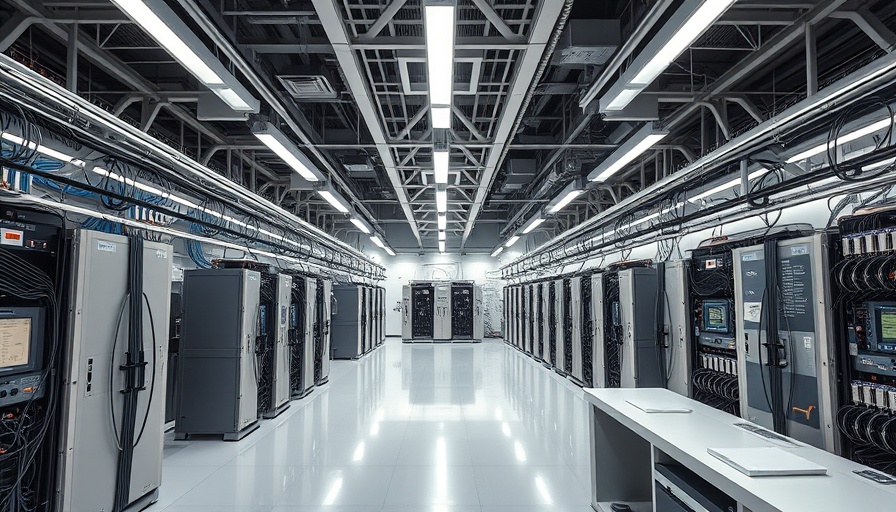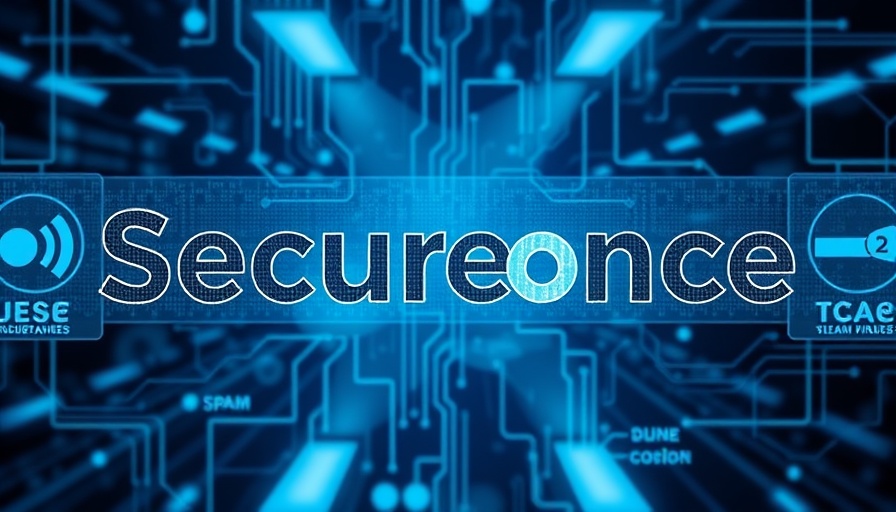
A Quantum Leap: The Future of Computing
Imagine a world where computers can simulate the laws of nature with precision. This is the bold future that quantum computing promises to deliver, and Microsoft is poised at the forefront of this revolutionary industry. The company’s recent triumph in controlling an elusive particle known as the Majorana—previously only theorized—could redefine not just computing but also fields such as medicine and material science.
What are Topological Qubits?
In essence, the Majorana particle serves as the foundation for Microsoft’s new topological qubits—an advanced type of qubit that combines unique characteristics from both superconductors and semiconductors. The term 'topoconductor' describes this novel material, which is designed to resist disruptions and maintain stability, a significant hurdle in the development of reliable quantum computers. Unlike traditional qubits that are easily disturbed by external noise, topological qubits offer a promising solution by operating in stable states that can theoretically scale to millions on a single chip.
The Science Behind Majorana Particles
To appreciate the innovation introduced by the Majorana particle, we must delve into its theoretical background. Proposed by Italian physicist Ettore Majorana in the 1930s, this particle concept stipulates that certain particles can also act as their own antiparticles. This property not only challenges conventional physics but also opens doors to creating quantum systems that can perform complex calculations without the interference that bogs down current technology. By harnessing these properties, Microsoft is not just contributing to quantum mechanics but also pushing the boundaries of our understanding of numerous states of matter.
Real-World Applications and Impacts
So, why does this matter to you? The implications of Microsoft’s advances in quantum computing touch upon the very fabric of our daily lives. As quantum computing evolves, we can expect breakthroughs in drug development, personalized medicine, and materials science—areas that directly impact health outcomes and the efficiency of technologies we rely on.
For example, a well-functioning quantum computer can yield sophisticated models for predicting interactions between molecules, vastly reducing the time needed to develop new medicines. In terms of renewable energy technologies, quantum computing could enhance battery efficiencies or improve solar panel designs, aiding our slow but steady transition towards sustainable living.
Local Significance: Seattle’s Role in Tech Revolution
As residents of the Puget Sound area, it is thrilling to see major advancements in technology emerging from our backyard. Microsoft’s focus on quantum computing is part of a broader trend. Seattle has firmly established itself as a tech powerhouse, attracting top scientists and researchers. The ecosystem here—home to numerous startups and tech giants—will likely benefit from the innovations created in Microsoft’s labs, fostering a spirit of collaboration and progress.
Conclusion: Embrace the Quantum Era
While still in its nascent stages, the journey taken by Microsoft and its team toward realizing a stable quantum computer is monumental. As they navigate through potential challenges, we must remain vigilant and engaged in understanding the impact of these advancements. If the promises of quantum computing are realized, they may lead us to a future filled with unprecedented technological wonders. So, let's keep a keen eye on this exciting development, ensuring we remain informed as we embrace the quantum era!
 Add Row
Add Row  Add
Add 




Write A Comment